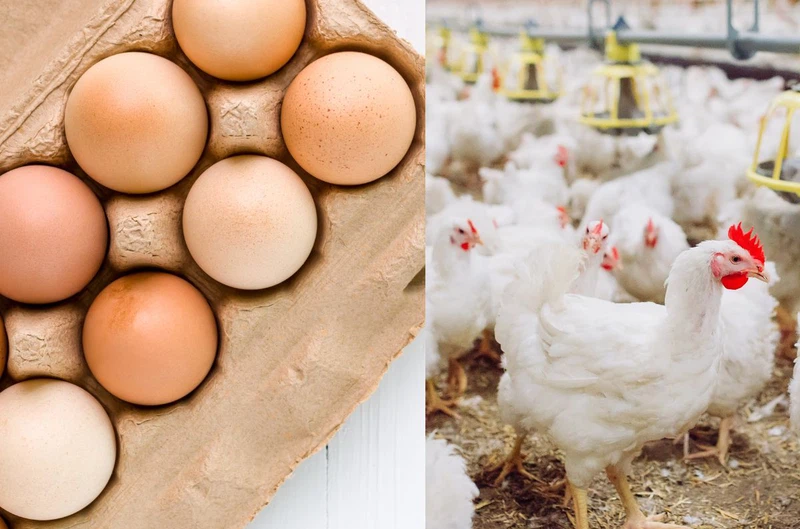
Avian flu crisis is a call to rethink our food system
According to animal protection organization HSI/Africa the fragility of our current food system and animal welfare are being overlooked.

According to the Department of Agriculture, Land Reform and Rural Development, as of 21 September the country has experienced a total of 50 outbreaks of the H7 strain of bird flu, and 10 outbreaks of the H5 strain of bird flu. The South African chicken and egg industries have killed approximately 7.5 million chickens, including around 2.5 million chickens bred for their meat and five million hens kept for egg production. Izaak Breitenbach, general manager of the South African Poultry Association, commented in an interview that this represents a staggering 20-30% of South Africa’s total flock.
Outbreak has led to egg shortages
In 2017 it was reported that 20% of the national flock was culled and the outbreak cost the poultry industry R1.8 billion. Not only did the 2017 H5N8 outbreak in South Africa result in massive financial loss, and the death of millions of birds, but more than 1,300 people lost their jobs. The current outbreak is leading to egg shortages, job losses and increased egg prices. The emergence of new strains of avian influenza underscores the inadequacy of relying solely on vaccinations and biosecurity measures. The situation we are witnessing today may tragically repeat itself in the future, as these new strains continue to evolve.
Candice Blom, farmed animal specialist for HSI/Africa, emphasizes: “Our food system’s fragility becomes evident when millions of chickens must be killed to ward off disease. A food system premised on mass production of confined animals is inherently prone to risk, regardless of biosecurity and plans for imported vaccines. It is clear that we need more than just band-aid solutions; we need a fundamental shift toward a more diverse food system that is resilient and also not contingent on animal cruelty.”
ALSO READ: Bird flu in South Africa: what’s behind the chicken crisis?
Cruel cage confinement of hens
Beyond the cruelty of slaughtering millions of birds in response to a disease outbreak is the inherently cruel intensive cage confinement of hens during egg production. The vast majority of egg-laying hens in South Africa are confined and crowded together in small, wire battery cages, with each hen having the space of an A4 piece of paper to live her life. These cages prevent hens from performing almost all of their natural behaviours, including nesting, perching, dustbathing, scratching, foraging, walking and even flapping their wings.
As we confront the dire consequences of the avian flu crisis in South Africa, it is imperative that we broaden our perspective to address the systemic issues at the core. This includes reevaluating our animal and food production practices and relying upon a more plant-based food system for the benefit of all living beings.
